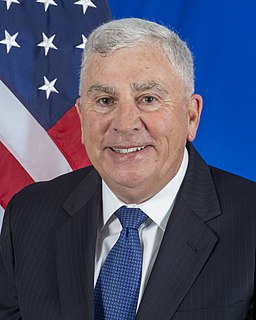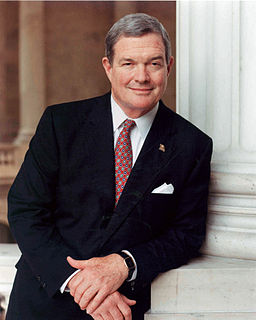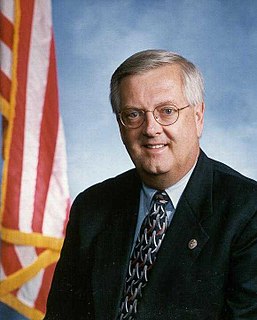A Quote by John Abizaid
Well, the reports are correct that we're conducting very robust military operations on the Afghan side of the border in areas where we think al-Qaida is operating and Taliban remnants are.
Related Quotes
I don't think he fully analyzes the situation. If you destabilize [Bashar] Assad and punish Assad, you do embolden terrorists. You embolden al-Qaida because al-Qaida is on the other side of this war. So, one side wins if you destabilize the other side. So, he will be emboldening al-Qaida and the Islamic rebels. And I'm not so sure they're better than Assad.
Saddam Hussein had a lengthy history of reckless and sudden aggression. He cultivated ties to terror -- hosting the Abu Nidal organization, supporting terrorists, and making payments to the families of suicide bombers. He also had an established relationship with Al Qaida -- providing training to Al Qaida members in areas of poisons, gases and conventional bombs. He built, possessed, and used weapons of mass destruction.
Look what happened with regard to our invasion into Afghanistan, how we apparently intentionally let bin Laden get away. That was done by the previous administration because they knew very well that if they would capture al Qaeda, there would be no justification for an invasion in Iraq. There’s no question that the leader of the military operations of the U.S. called back our military, called them back from going after the head of al Qaeda.
Some Pakistanis fought for the Taliban. Pakistani extremist groups provided infrastructural support to Al Qaeda. There was a coming and going of Al Qaeda militants and leaders between Afghanistan and Pakistan for several years. All that has really happened is that Al Qaeda has escaped from Afghanistan come into Pakistan, got in touch with their contacts and friends in these extremist groups, which then provided them with safe houses, cars, and not just in the border areas but also in the cities. Rooting out Al Qaeda in Pakistan now is where the main battle is being fought.



































